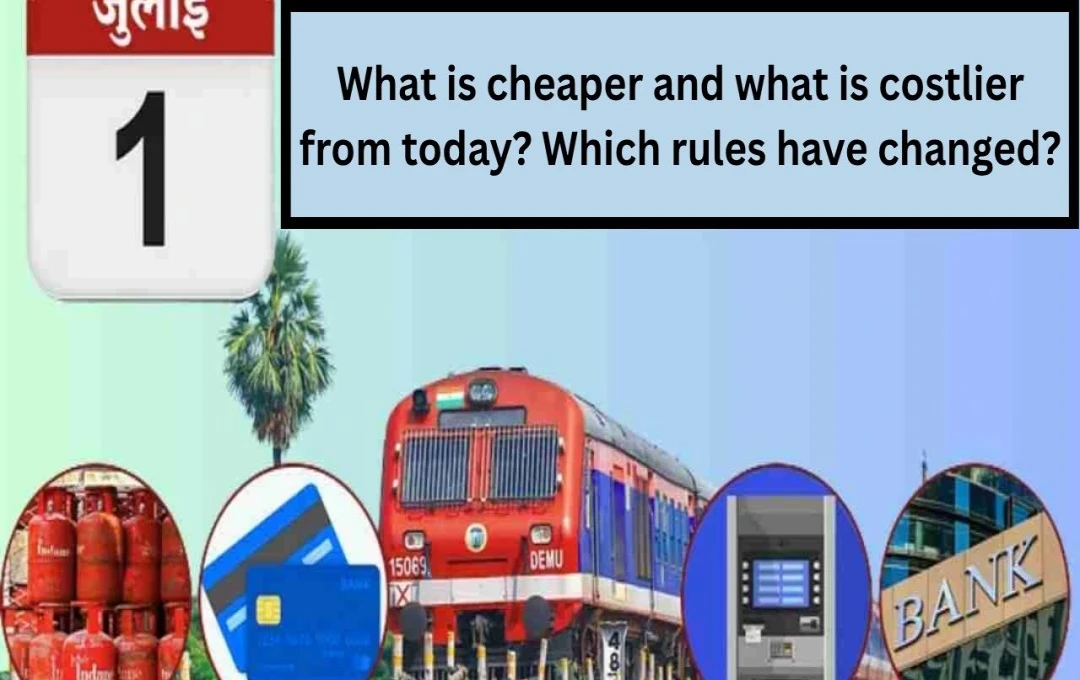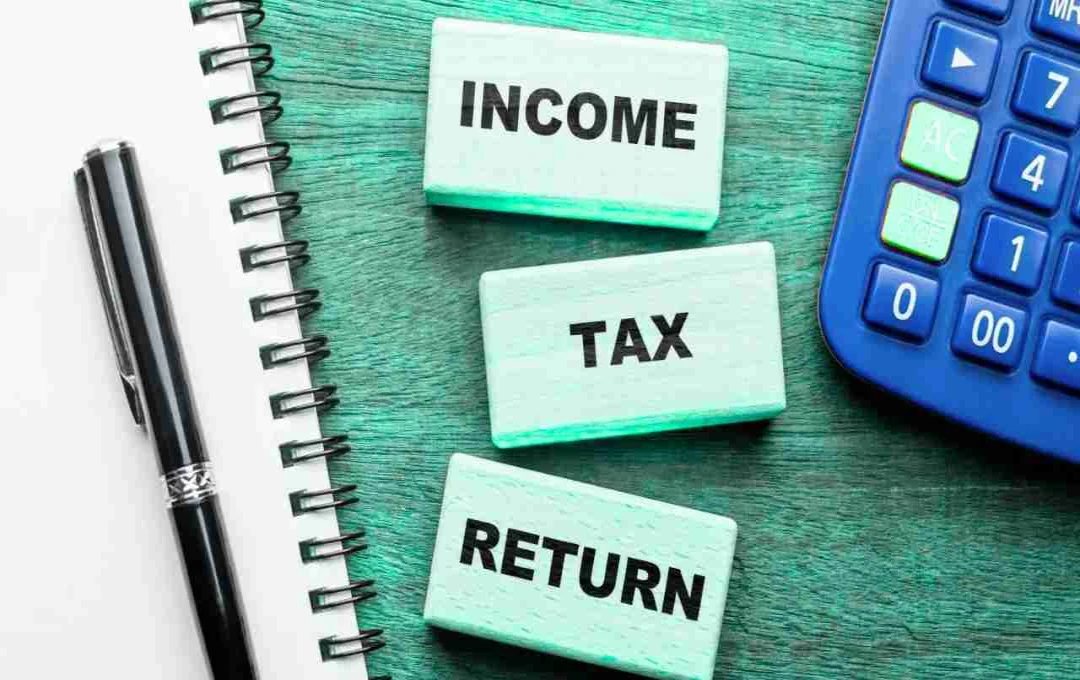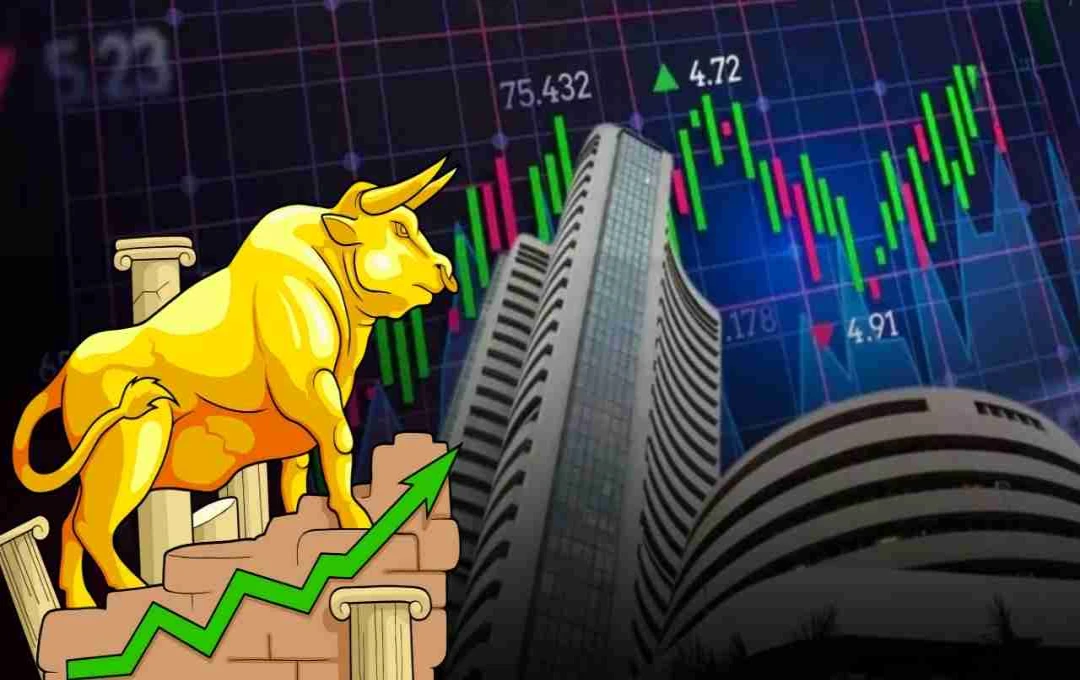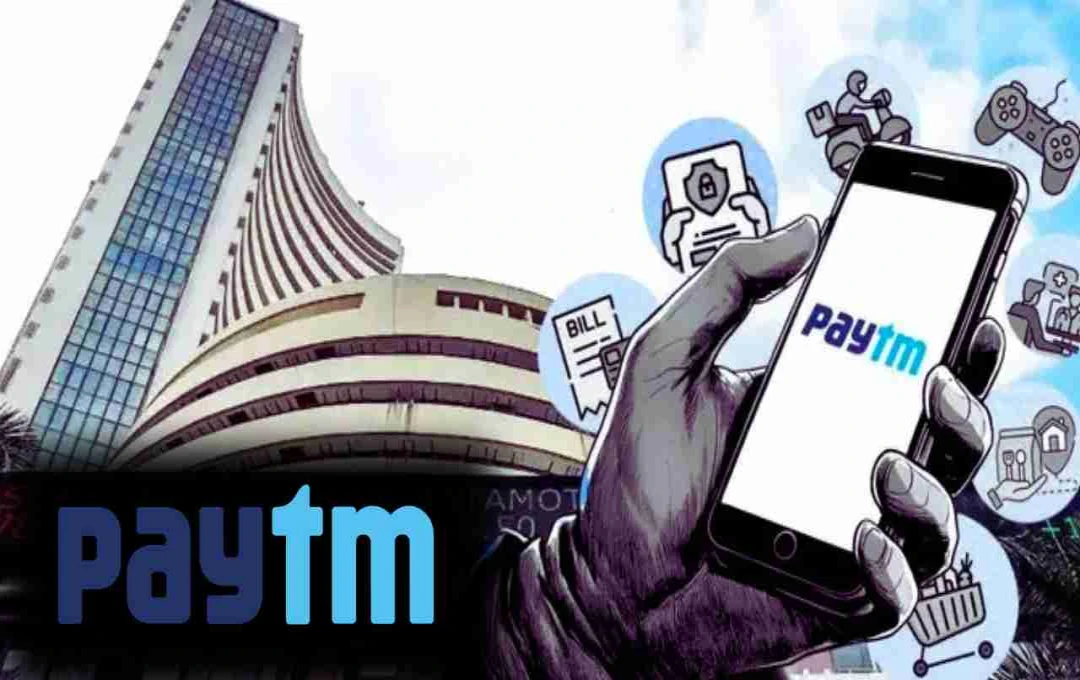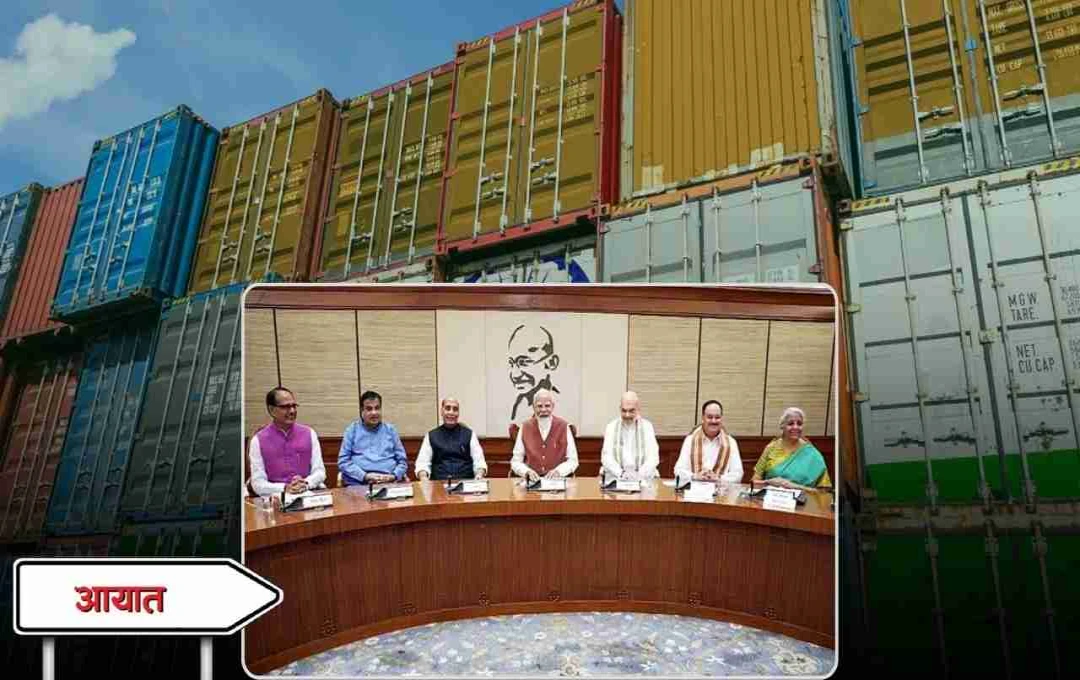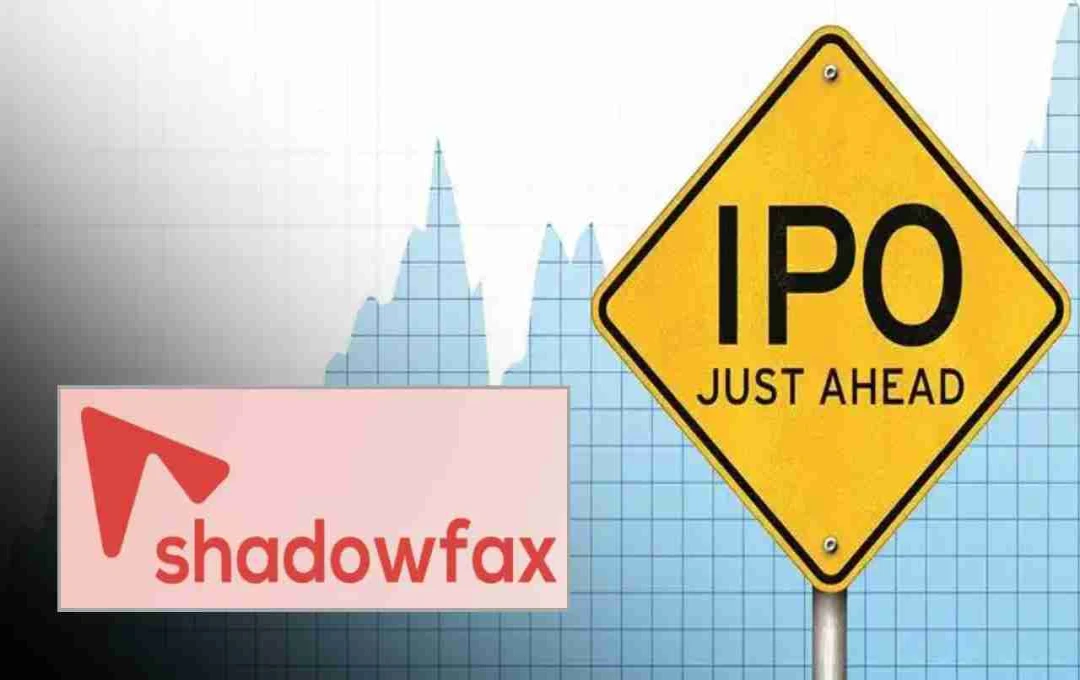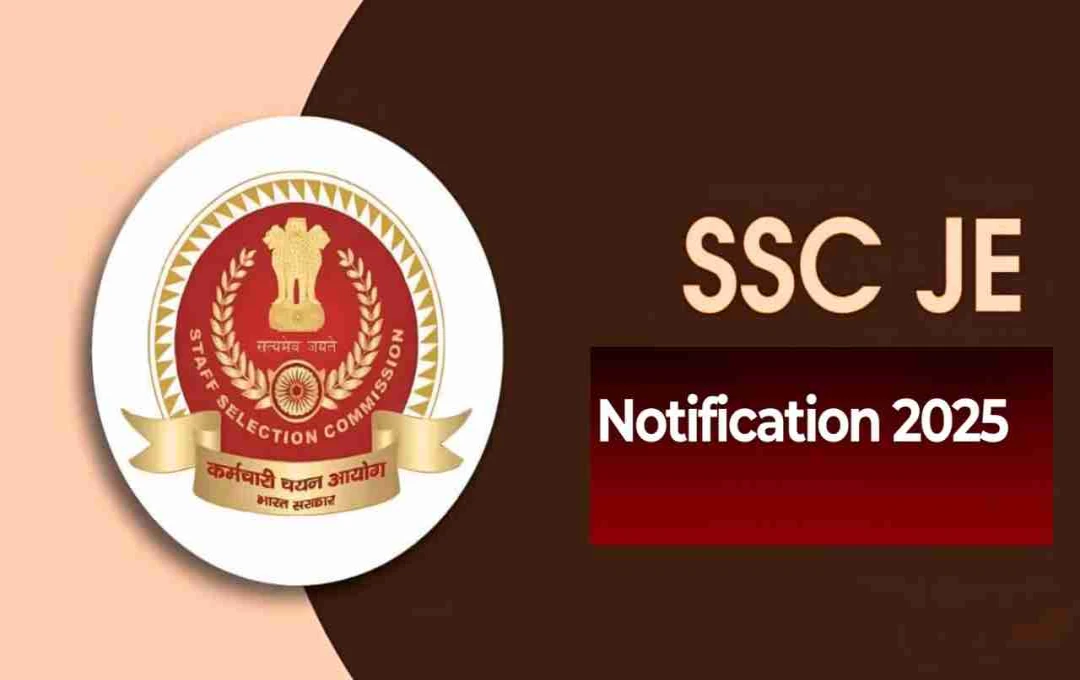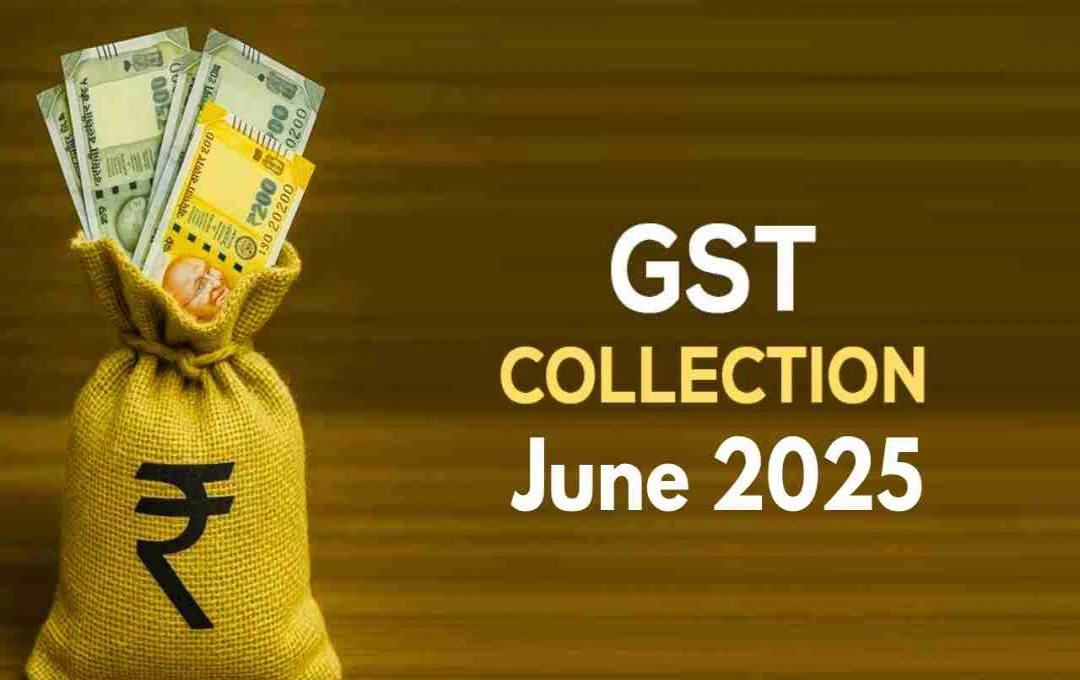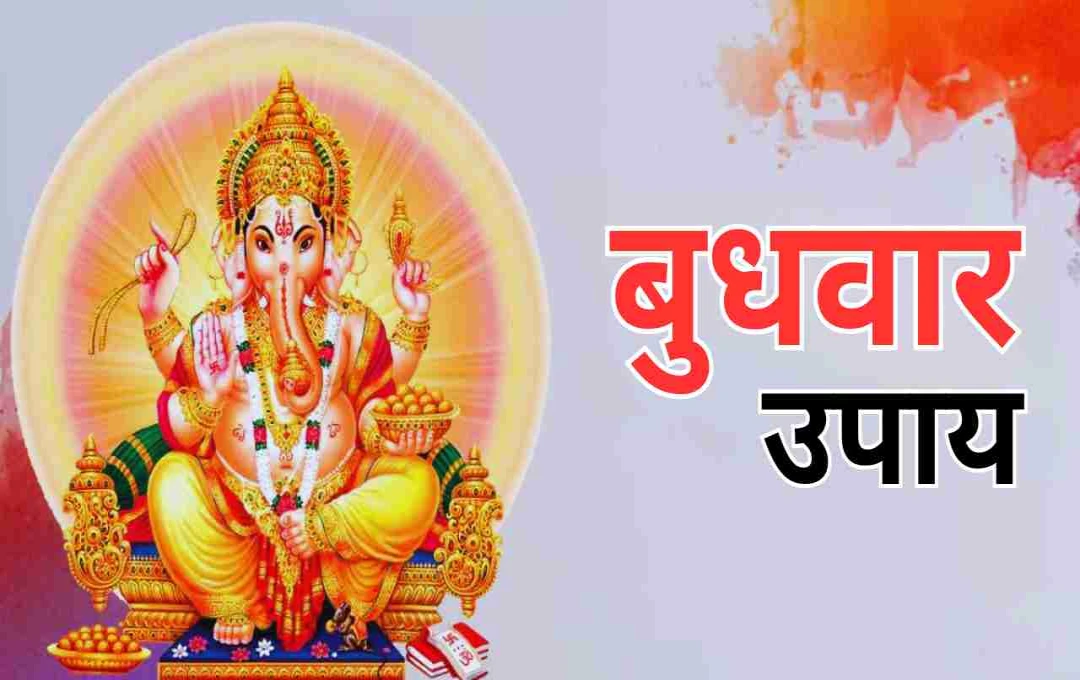Several significant changes are taking effect from July 1st, which could directly impact your finances and daily life. These include charges for exceeding ATM withdrawal limits, credit card fees, and alterations to the rules for booking Tatkal tickets on the railways.
Rules Change: As July begins, numerous major changes impacting the common person's pocketbook have been implemented. Every month, the first day brings revisions to certain rules aimed at improving governmental and financial systems. This time around, significant changes have occurred in areas such as railway tickets, banking regulations, GST returns, restrictions on old vehicles, linking PAN with Aadhaar, and LPG prices, among others. Let's delve into the details of these new rules.
Railway Tickets Become More Expensive, Aadhaar Linking Mandatory
From July 1st, the railways have increased fares for long-distance travel. There is an increase of 1 paisa per kilometer for non-AC class tickets and 2 paise per kilometer for AC class tickets. This increase applies to distances exceeding 1000 kilometers, while there is no change in the price of second-class tickets up to 500 kilometers. Furthermore, it is now mandatory to link your IRCTC account with Aadhaar to book Tatkal tickets. Bookings for Tatkal tickets will only be possible through OTP-based verification. Also, railway agents will not be able to book tickets for the first 30 minutes after Tatkal booking opens.
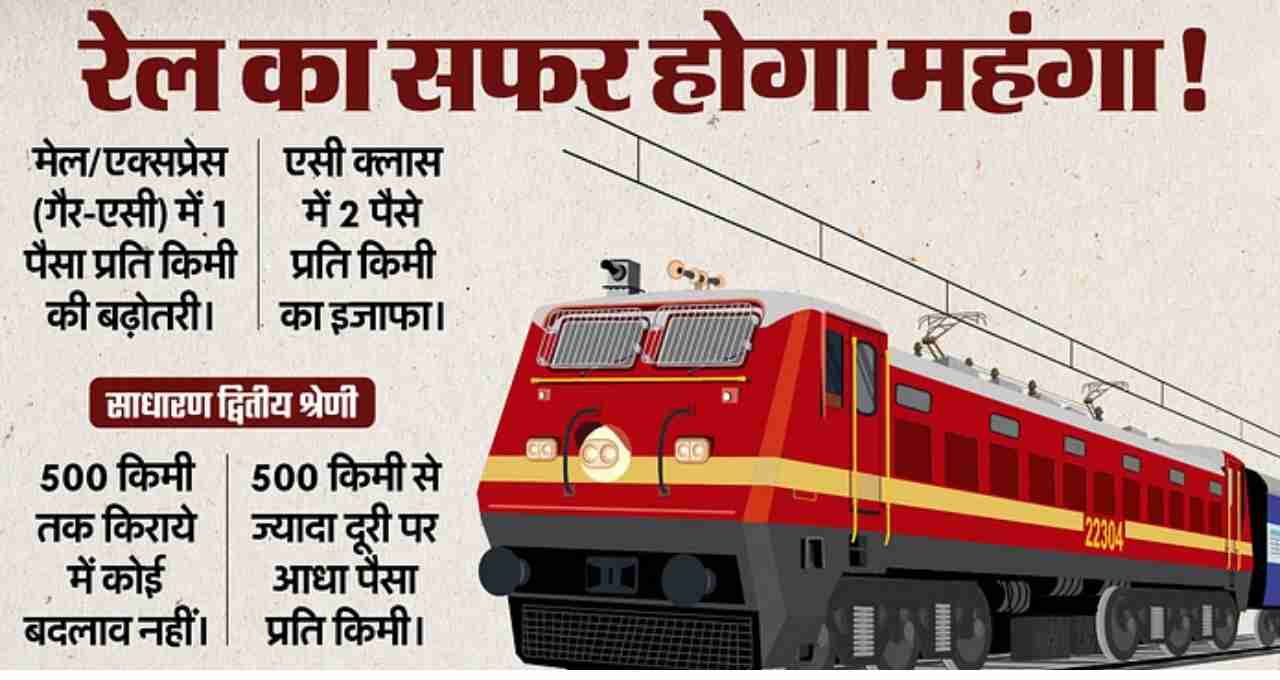
Aadhaar Essential for PAN Card, Otherwise Inactive
Aadhaar card has now been made mandatory for obtaining a PAN card. A new PAN card will not be issued if you do not have an Aadhaar card. Furthermore, those who already have a PAN card must link it to their Aadhaar by December 31, 2025. If the linking is not done, the PAN card will become inactive from January 1, 2026, which will create significant difficulties in financial transactions.
Changes in GST Returns
The process of filing GST returns has also been modified. Now, taxpayers will not be able to amend the GSTR-3B form themselves. Information related to tax will be filled automatically to prevent fraud. Strict penalties have been imposed for delays or errors.
New Charges on Banking and ATM Withdrawals
Several major banks, including Kotak, ICICI, HDFC, and Axis Bank, have revised the fees for exceeding ATM withdrawal limits for their customers. In addition, credit card fees have also been increased. The Reserve Bank has instructed that all credit card bill payments should now be made through the Bharat Bill Payment System (BBPS). This may impact the functioning of apps like Google Pay and PhonePe.
HDFC Bank Imposes Charges on Gaming and Wallets
HDFC Bank has taken a significant step regarding online gaming. If a person spends more than ₹10,000 per month on gaming apps, an additional 1% charge will be levied. Similarly, a 1% charge will be applied for transferring more than ₹10,000 to third-party wallets like Paytm.
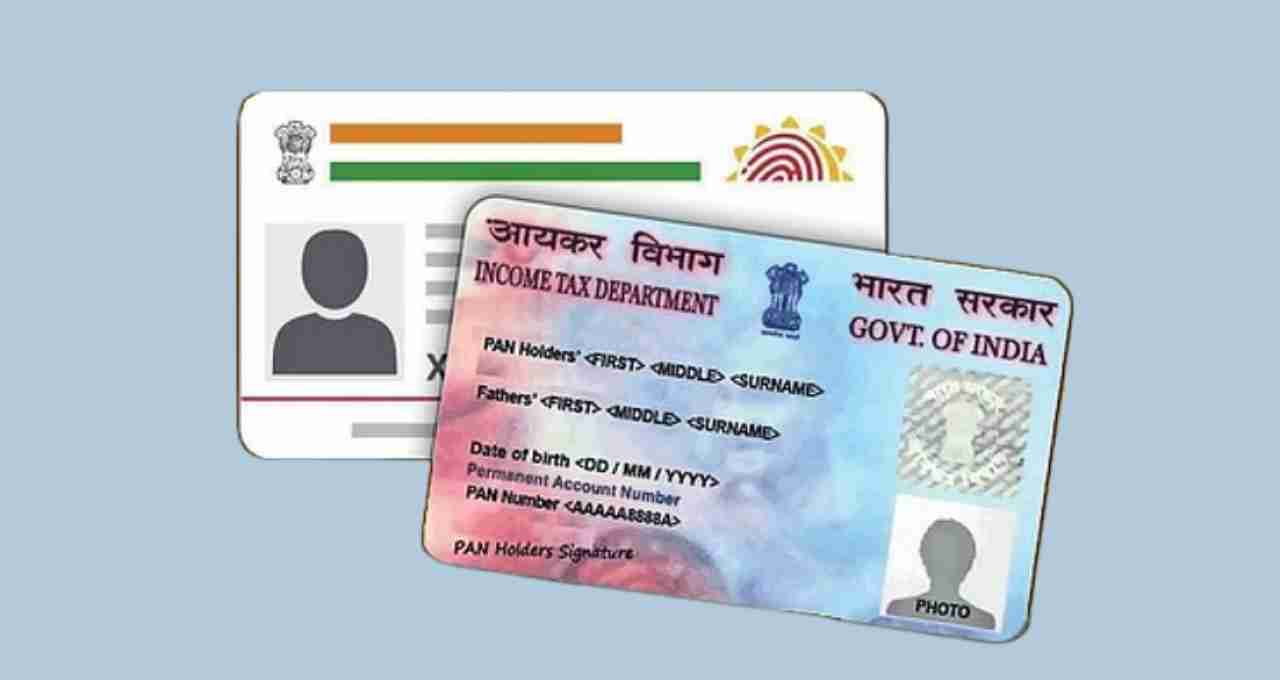
Crackdown on Old Vehicles
In several metropolises, including the national capital Delhi, a ban has been imposed on fueling 15-year-old petrol and 10-year-old diesel vehicles. Vehicles found in public places will be seized and sent to scrap yards. Violators will face a fine of ₹10,000 for four-wheelers and ₹5,000 for two-wheelers.
Relief in LPG, But Only for Commercial Cylinders
Oil marketing companies have reduced the price of 19-kilogram commercial LPG cylinders by ₹58.50. From July 1st, the rate in Delhi will be ₹1665 per cylinder. However, there has been no change in the price of 14.2-kilogram domestic cylinders, leaving domestic consumers disappointed.
ITR Filing Date Extended
The Ministry of Finance, providing relief to salaried individuals, has extended the last date for filing income tax returns for assessment year 2025-26 from July 31 to September 15. This means taxpayers now have 46 extra days to file their returns.
Interest Rates on Small Savings Schemes Under Review
Interest rates on small savings schemes were announced on June 30th, with a possibility of minor changes. However, interest rates may decrease due to a reduction in the repo rate, which will affect common investors.
